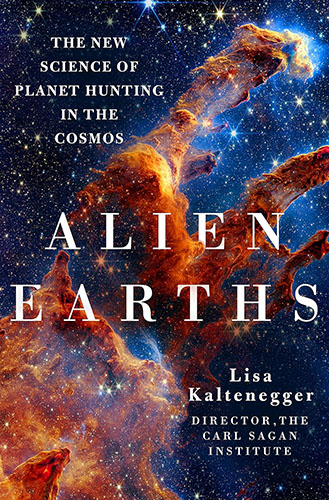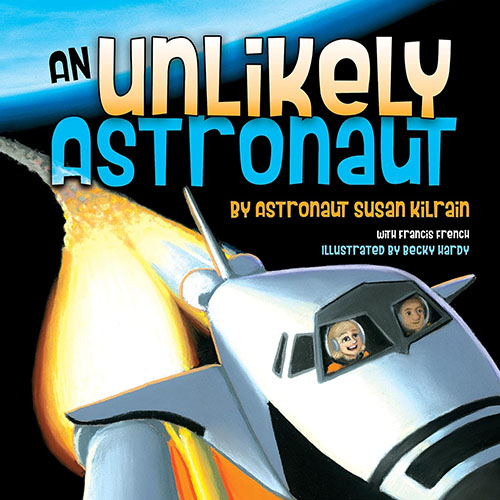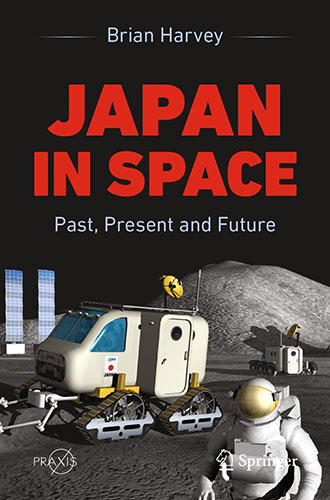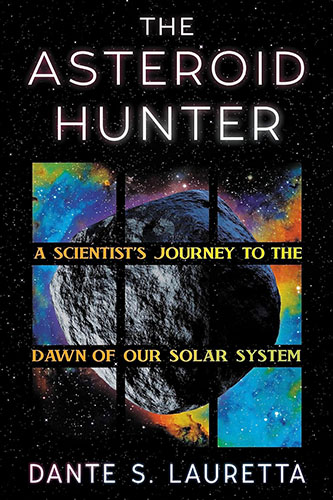The National Space Society (NSS) offers a comparison of its vision for space settlement to that promoted by many dystopian science fiction movies of today. NSS has supported the concept of rotating space settlements in orbit or deep space since the epochal publication by Dr. Gerard K. O’Neill of his seminal article on space colonies in Physics Today (1974).
Since those days, concepts of democracy and egalitarian societies have been integral to our vision. A goal of NSS is the creation of a free, spacefaring civilization with people living and working in space. We believe in democracy to build and operate space settlements, whether in space, on the Moon, on Mars, or even on planets around other stars.
A large part of the space movement today is founded on improving life on Earth by creating an ability to operate in space. This includes the ability to divert threatening asteroids, detect solar outbursts that could destroy our electrical grid, and build solar power collection/transmission satellites that could produce huge amounts of carbon free energy in space for use on Earth, enriching all of humankind. In fact, an early justification for building space settlements was to house the labor force needed to build the solar power satellites that would provide a global solar power source to all nations, helping to prevent the ecological and economic collapse and chaos depicted in many dystopian movies of today. NSS believes that we are making the future every day and that we want to build a hopeful future.
NSS is happy that space settlements are beginning to appear in popular culture such as the recent motion picture Elysium. NSS applauds the cinematic skill that resulted in the depiction of the physical appearance and operation of a rotating orbital space settlement. While NSS accepts that a conflict is fairly fundamental to a good story, we would like movie viewers to keep in mind that the tyrannical government depicted in the movie does not represent the path of humans in space envisioned by the NSS and its thousands of members.



















2 thoughts on “Space Settlements Represent Hope for Humankind”
It has been 39 years since this article was written and we are no closer to building O’Neill ships we were then. It is highly unlikely that they will be available to anyone living today. So just what does your organization expect to accomplish in the near future?
Perhaps it is more realistic to consider a zero-G path to space colonization. All of pieces necessary to do this are coming online from private enterprise: SpaceX, Bigelow, Virgin Galactic, Orbital etc. I would like to know if your organization can support such a path.
I also am interested in hearing the answer to the question Mark Presco raises. NASA and other space agencies have gained experience in zero-G so it seems reasonable to farther evolve in that mode. Private, not Public, space operations, whether American, Russian, Chinese, or European, indeed seem to be the likely road to settling the question. Do we spin to win, or does float get most folk’s vote?